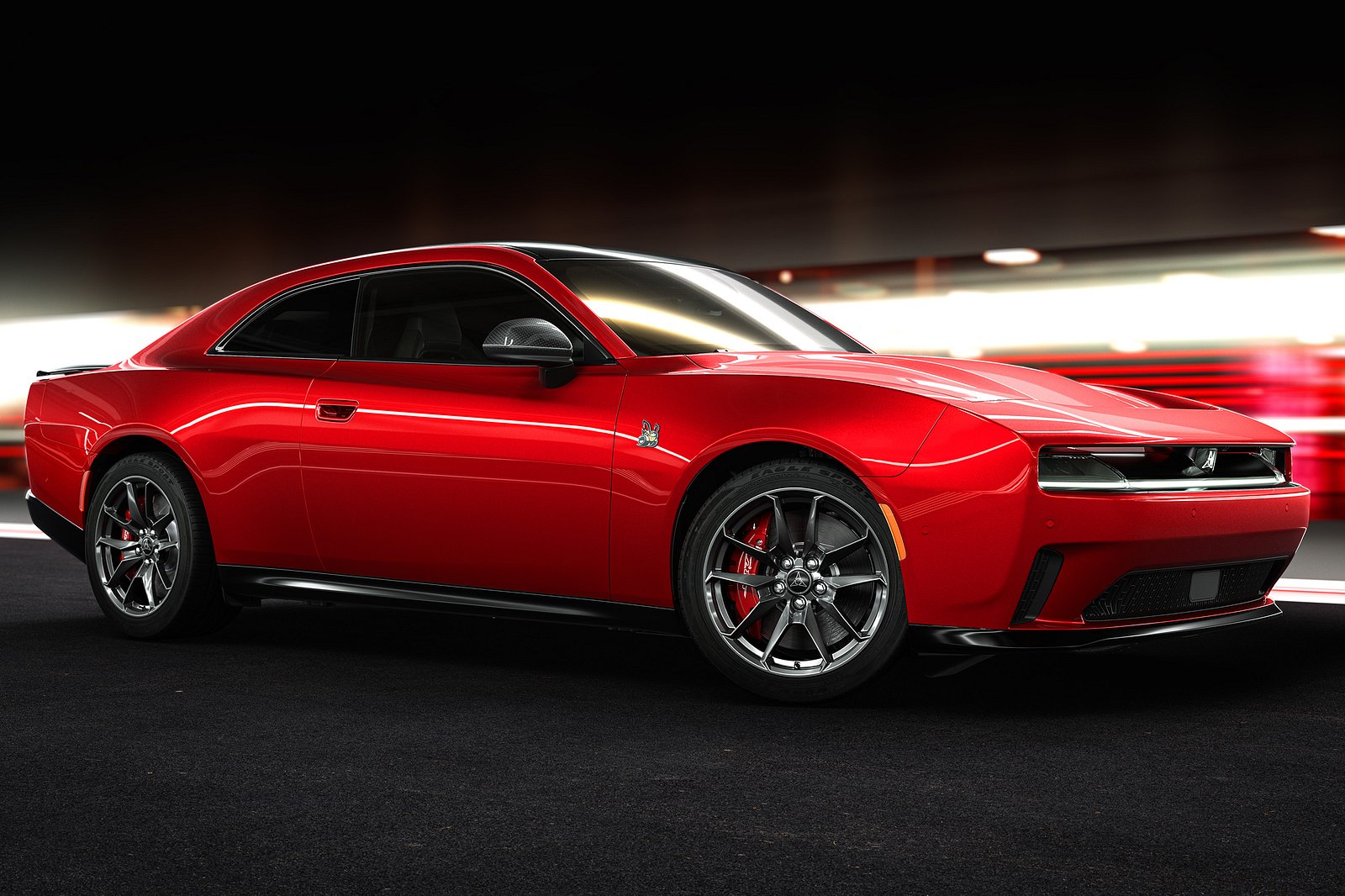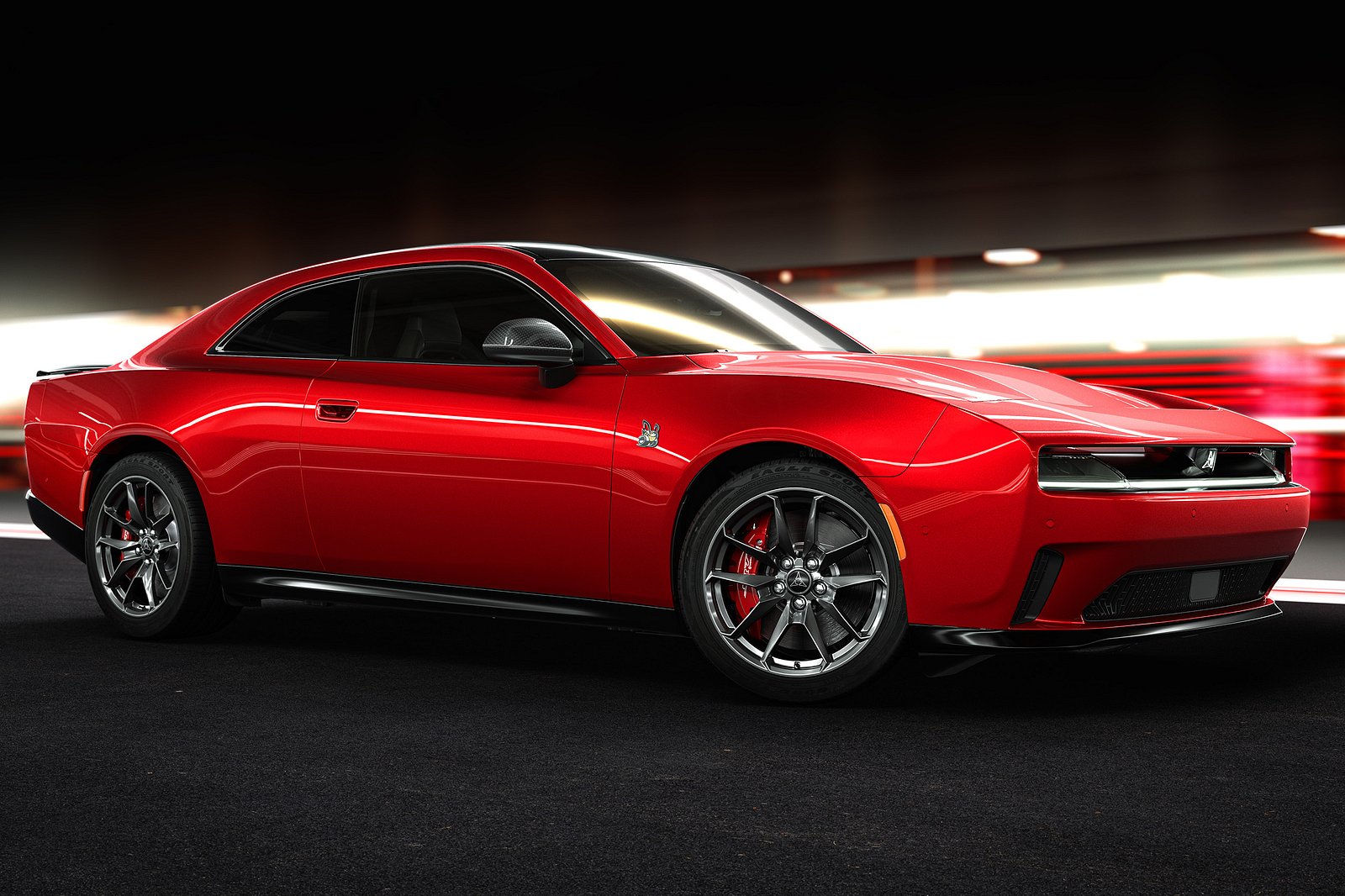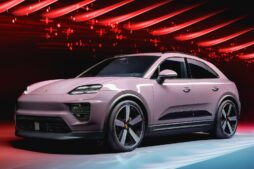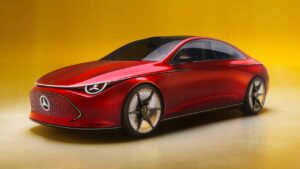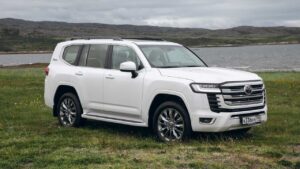2024 Retirement of A-Class Cancelled: Here’s Why
Mercedes has been excessively positive regarding the increasing demand for electric vehicles, stating that hybrid and EV models would make up 50 percent of its total sales by 2025. However, it is now unlikely for this target to be achieved as the company has set a new goal of only 21 percent of all deliveries by 2024. In light of this disappointing reality, the prestigious German brand has decided not to discontinue its most affordable gasoline car this year.
According to Autocar, the A-Class was initially slated to end production in 2024. However, it has now been granted an extended life cycle that will last until 2026. This compact hatchback, which is not available in the United States, serves as the entry-level option for the Mercedes lineup, with a starting price of €37,401 (approximately $41,000) in its home market of Germany.In a recent statement, CEO Ola Kallenius acknowledged that achieving price parity between traditional combustion engine cars and electric models is still a distant goal. He further explained that this can be seen in the significant price difference between a car with an internal combustion engine and an electric vehicle.
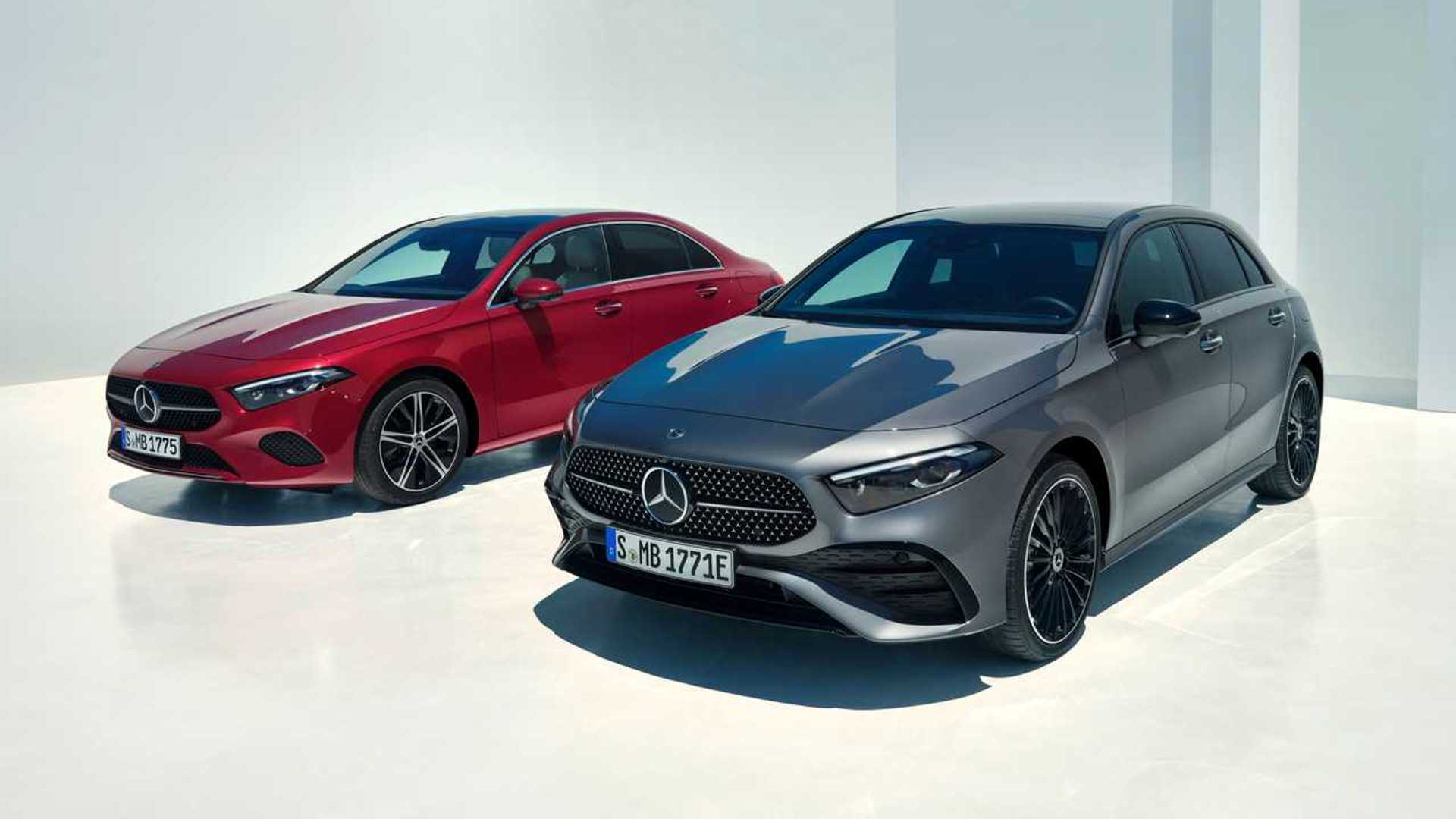
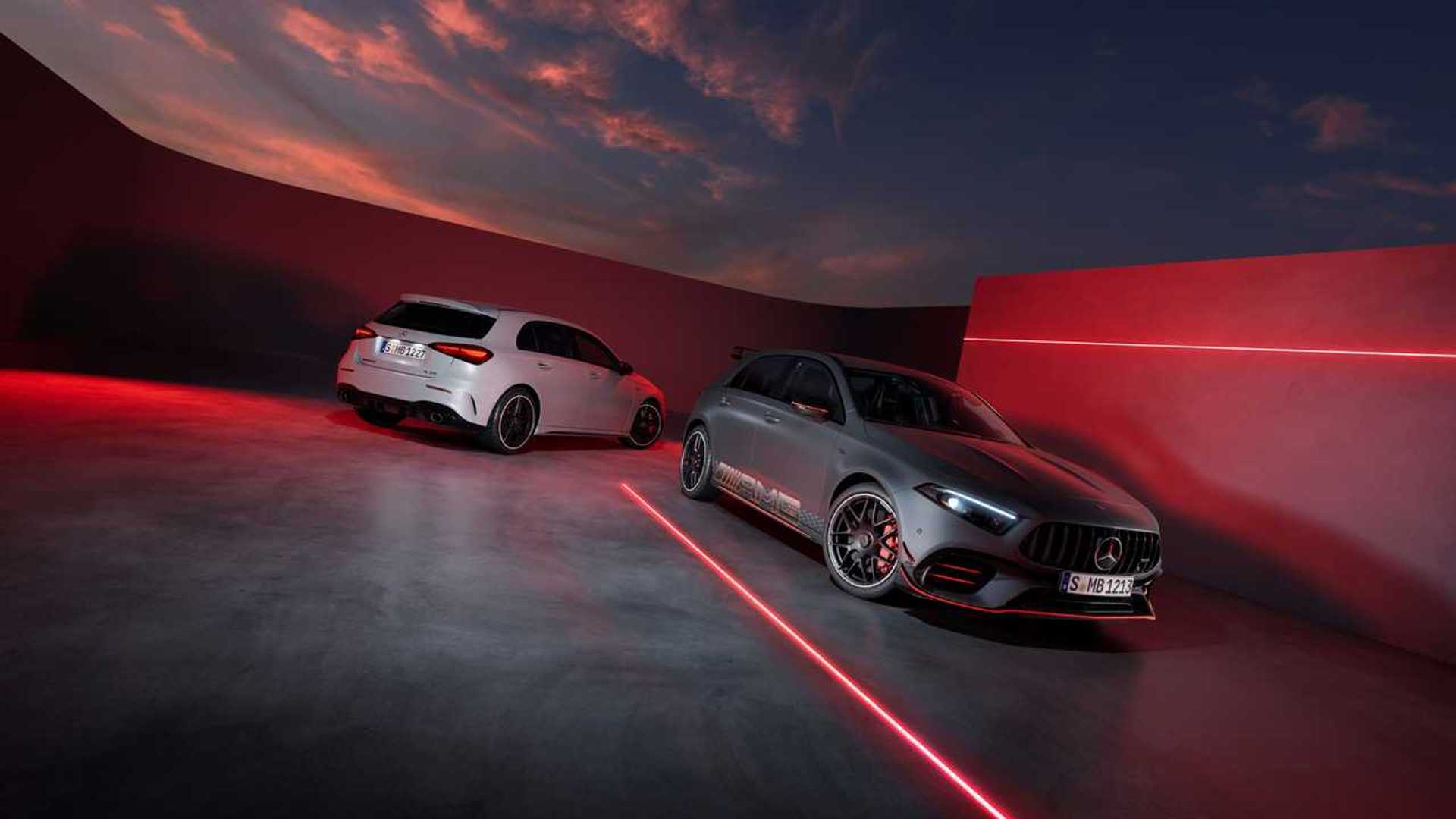
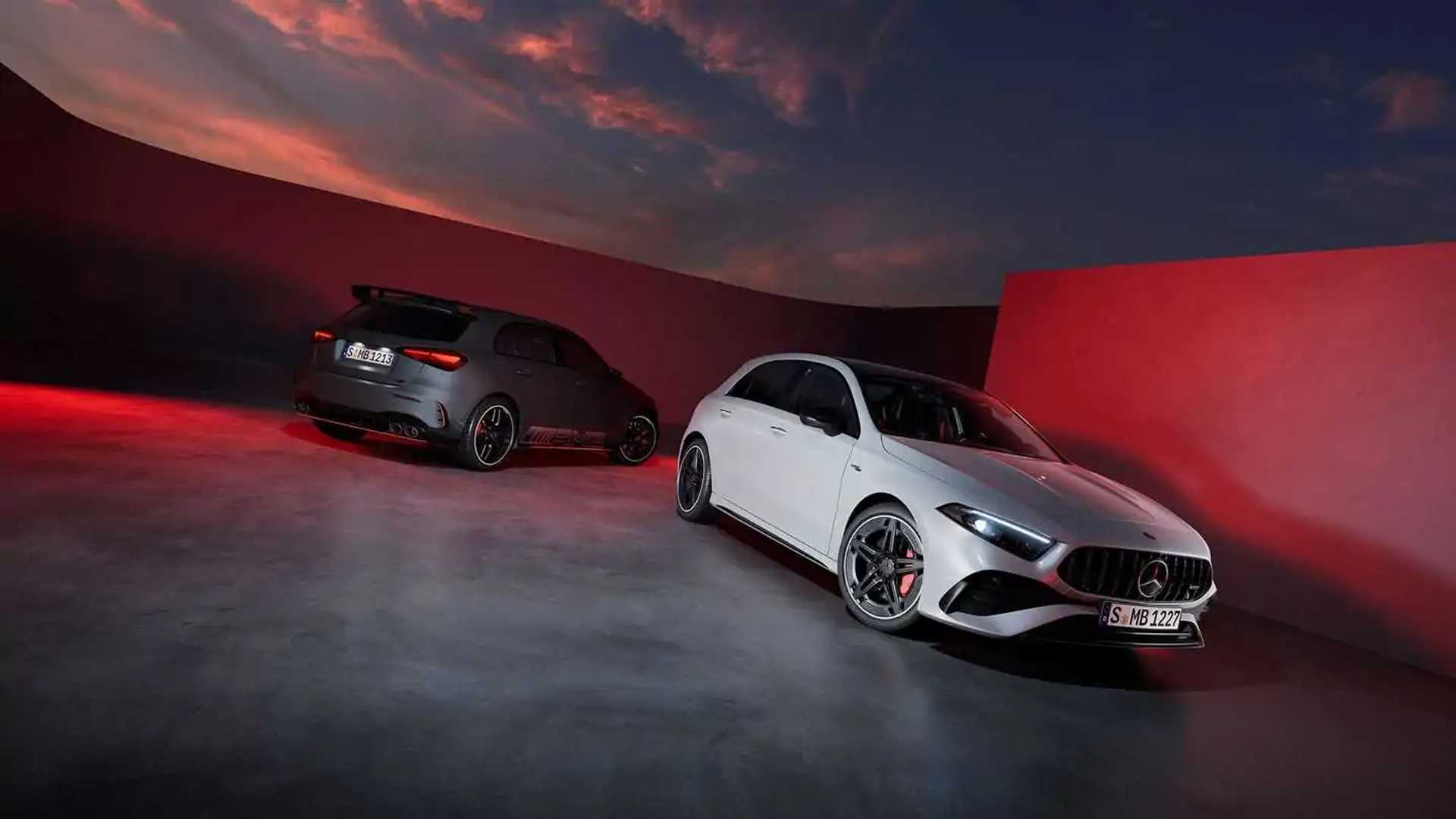
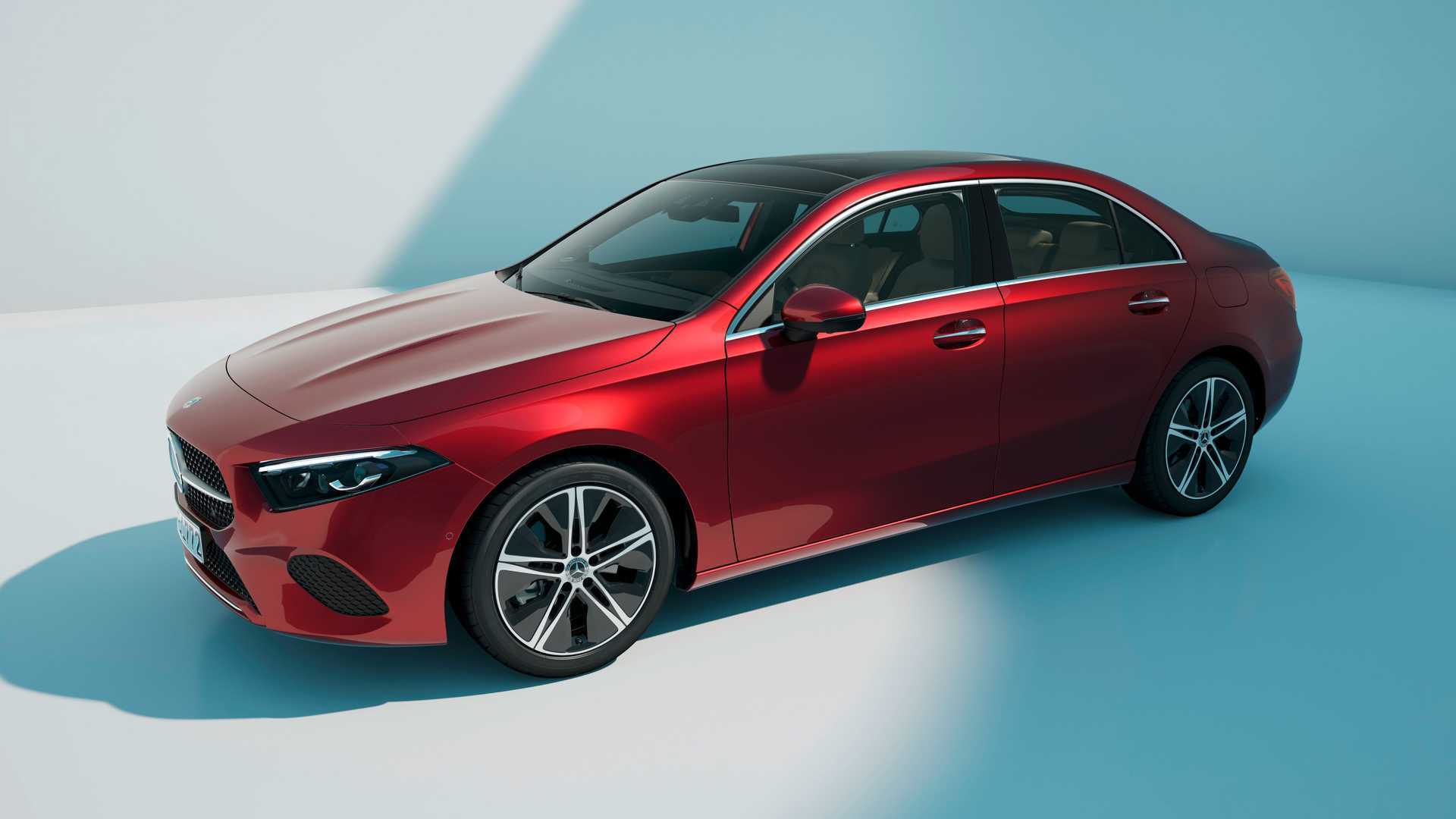
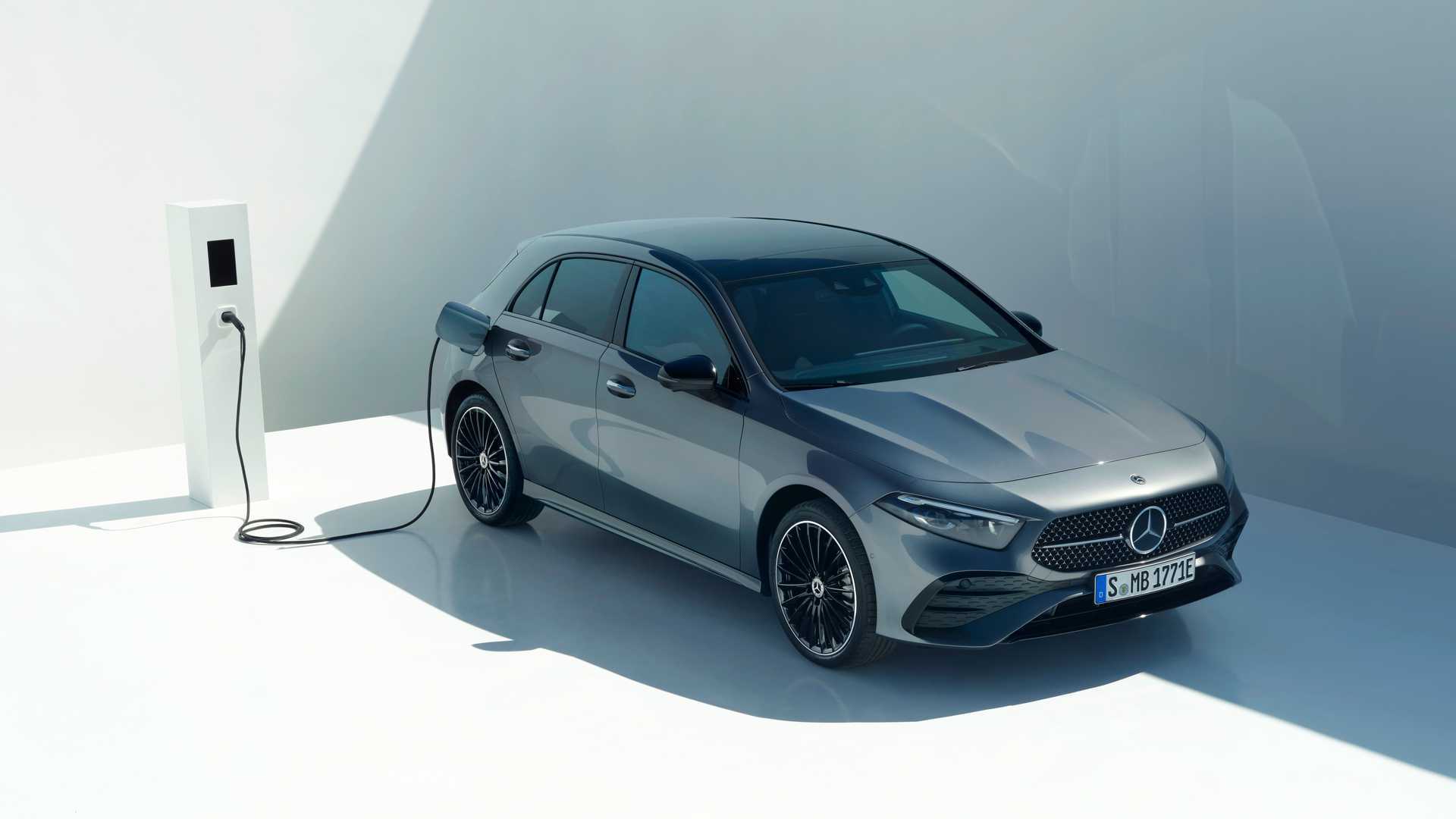
Mercedes is currently in the process of developing a fresh range of compact vehicles, all of which will feature combustion engines. These include the CLA, CLA Shooting Brake, GLA, and GLB models, which are set to be replaced with newer versions built on the newly developed MMA platform. This platform has been designed to accommodate both gas engines and fully electric drivetrains. As of now, there has been no official announcement regarding the renewal of the A-Class hatchback, A-Class sedan, and B-Class minivan. However, it has been revealed that there are plans in place for a new “Little G” SUV that will also utilize this new architecture.
According to Mercedes, plug-in hybrid and electric vehicles (EVs) are expected to make up half of their total shipments by the year 2030. This is a significant difference from a previous estimate made a few years back, in which the company projected to have all-electric options available in certain markets by the end of this decade. With these new objectives in place, it appears that the company plans to continue producing cars with traditional gasoline engines well into the 2030s, as a reaction to the slower-than-anticipated rate of EV adoption.
In a statement released to investors, the German car manufacturer based in Stuttgart has announced its plans to “fully transition to electric vehicles” while acknowledging that “the speed of this transformation will ultimately be determined by customer demand and market conditions.” In simpler terms, Mercedes will continue to offer gasoline-powered cars with their iconic three-pointed star emblem until at least 2031.
According to recent reports, it appears that the European Union’s proposed ban on new cars with emissions may not be implemented in 2035 as originally planned. In a statement, Porsche’s Chief Financial Officer Lutz Meschke acknowledged that there are ongoing talks surrounding the phase-out of combustion engines and expressed his belief that the ban could potentially be postponed. This potential delay would not be surprising and would ultimately result in an extended period of time where internal combustion engines continue to dominate the automotive industry.
Source: Autocar
